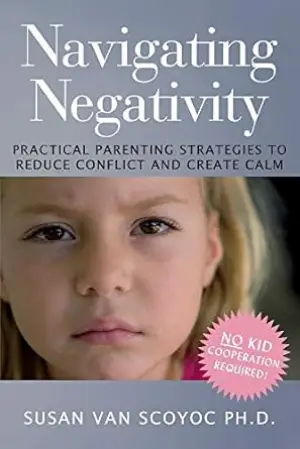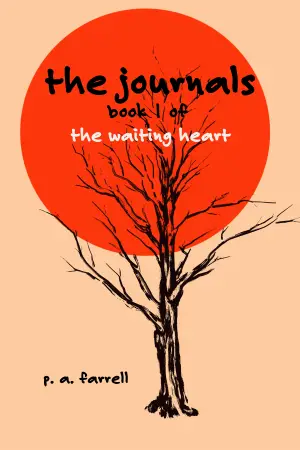Book Review: All Better Now by Neal Shusterman
From the moment I cracked open All Better Now, I knew I was diving into the mind of a master storyteller—Neal Shusterman, whose flair for weaving intricate narratives has long captivated readers. As someone who has grown up with Shusterman’s vivid characters and thought-provoking themes, I was especially keen to see what new insights this award-winning author would present in his latest work. It felt like revisiting an old friend, one whose tales you can’t help but relish, while also being eager for their latest adventure.
In All Better Now, Shusterman explores the complexities of personal healing and the delicate web of human relationships. The story revolves around a group of teenagers grappling with their own real-world issues—mental health, societal expectations, and the universal quest for acceptance. The characters are beautifully crafted, each embodying nuanced struggles that resonate deeply, making them relatable and profoundly impactful. Whether it’s the protagonist’s wrestle with emotional scars or the camaraderie that develops among friends, Shusterman invites readers to reflect on their own journeys towards understanding and resilience.
The narrative unfolds with a perfect balance of tenderness and humor, a hallmark of Shusterman’s writing style. His ability to tackle sensitive subjects without sacrificing levity is commendable, reminding us that healing isn’t always a straightforward path. The pacing is just right; it leisurely invites introspection while maintaining momentum, ensuring that I was hooked from page one to the very end. I’ve always appreciated how he deftly blends realism with an imaginative touch—his writing feels both lived and dreamt, making the experience all the more rich.
One particular passage that stood out to me was when a character grapples with the concept of “being enough.” It’s a theme that resonated with me deeply, evoking reflections on my own sense of worth and connection. This is the kind of writing that stays with you—polarizing yet comforting, posing questions that linger long after the last page is turned. As the School Library Journal put it in their review of Shusterman’s previous works: he’s adept at making readers ponder profound issues while still indulging in the whimsicality of childhood and adolescence.
What I admire most about All Better Now is its candid approach to mental health—a topic that is often shrouded in stigma yet crucial for young adults today. It manages to balance both light-hearted moments and serious conversations that are so necessary. This book is not only engaging for teens but offers poignant lessons for parents and adults as well, making it a versatile read for a broad audience.
In conclusion, I wholeheartedly recommend All Better Now to anyone looking for a heartwarming, thought-provoking journey through the labyrinth of adolescence. Whether you’re a long-time fan of Shusterman or new to his work, the sincerity and depth of this book will make it a worthwhile addition to your reading list. For me, it was a gentle reminder of the resilience that resides within us all—sometimes, even when we’re feeling our most vulnerable, healing can be just around the corner, waiting for us to embrace the journey.






